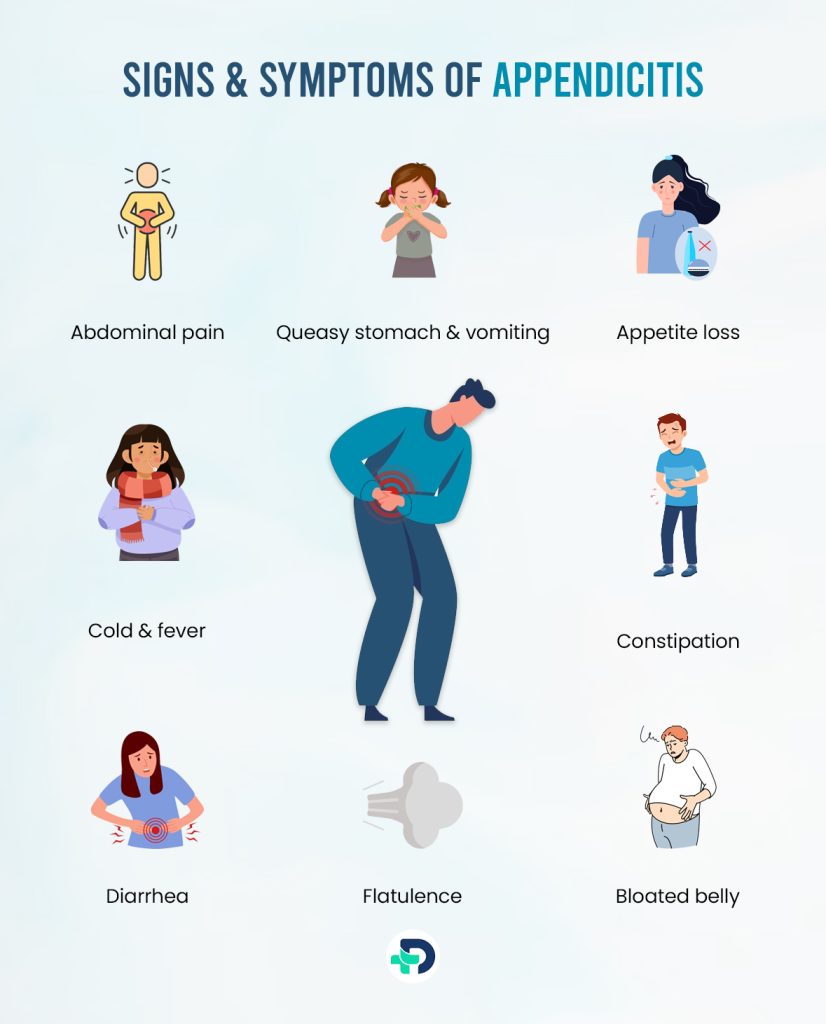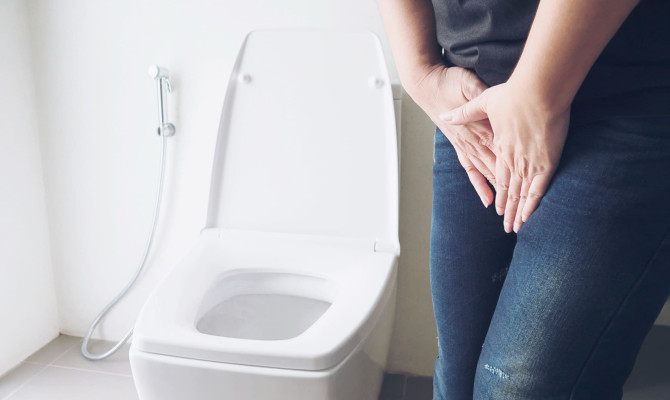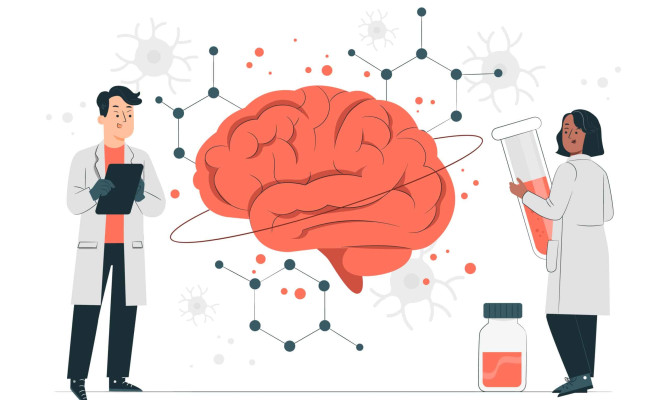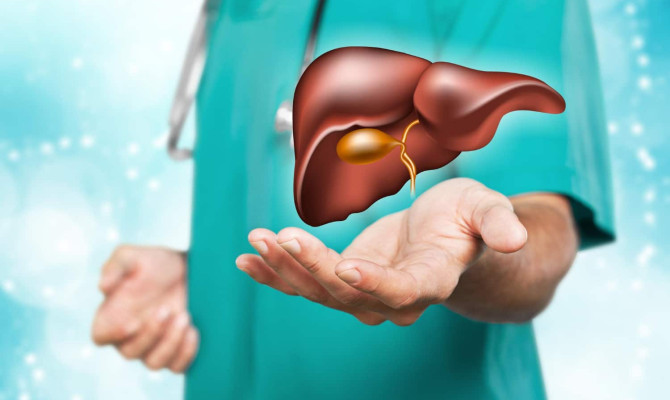Can Stress Cause Appendicitis? Everything You Need To Know About Appendicitis

- Appendicitis
- 11 Oct 2023
Introduction
Appendicitis
A painful swelling of the appendix is known as appendicitis which is a tiny, thin pouch that measures about 5 and 10 cm (in length) typically attached to the big intestine, where feces are formed. In most cases, appendicitis produces pain in the lower right abdomen, which typically starts at the belly button and spreads to other parts of the abdomen becoming severe when inflammation worsens in affected individuals. Appendicitis cannot be brought on by stress and anxiety directly. However, they might make your gastrointestinal issues worse, which sometimes may result in appendicitis or other forms of stomach discomfort. 1 Introduction | Researched based study from Mayo Clinic , 2 Introduction | Researched based study from National Institutes of Health

Causes
What Causes or Triggers an Appendicitis?
When your appendix’s interior becomes obstructed, you develop appendicitis.
Appendicitis can also be brought on by a variety of gastrointestinal infections, including:
- Viruses
- Bacteria
- Parasites
The tube separating your large intestine from your appendix may become trapped or blocked as a result of obstructed stool, which is another potential cause. 3 Causes | Researched based study from Johns Hopkins Medicine
Who are more susceptible to appendicitis?
- People between the ages of 10 and 30 account for the majority of instances of appendicitis.
- A man having a family history of appendicitis may increase his risk of developing appendicitis.
- Additionally, it indicates that a child’s risk of developing appendicitis increases if they have cystic fibrosis, a fatal hereditary condition that harms the digestive system and lungs. 3 Causes | Researched based study from Johns Hopkins Medicine
The relationship between stress and appendicitis
- The central nervous and gastrointestinal systems are linked and have an impact on one another.
- This brain-gut axis is influenced by stress, which can also lead to conditions such as irritable bowel syndrome.
- The digestive system’s functionality can be changed by long-term stress.
- Under stress, the intestines’ mucosa, or inner lining, may become less immune.
- Additionally, it results in a less varied gut microbiome. This can then result in inflammatory bowel conditions.
- Even though there isn’t a clear connection between stress and appendicitis, a long-term consequence of stress on the condition of the immune system and gastrointestinal health may result in appendicitis. 5 Causes | Researched based study from Cleveland Clinic
Symptoms

Signs & Symptoms of Appendicitis
Common signs and symptoms of appendicitis include the following:
- Abdominal pain
- A queasy stomach & vomiting
- Appetite loss
- Cold and fever
- Constipation
- Diarrhea (loose stools)
- Flatulence
- Bloated belly. 3 Symptoms| Researched based study from Johns Hopkins Medicine
Diagnosis
Diagnosis of Appendicitis
In addition to a physical examination and questions about your past health, your healthcare provider may recommend the following tests to diagnose the condition which may include
- Blood tests
- Urine tests
- Abdominal ultrasound
- CT and MRI scan (provides clear images of any body area, especially in pregnant women). 3 Diagnosis | Researched based study from Johns Hopkins Medicine
What are the first signs of appendix inflammation?
The following are some of the early indications of an appendix:
- Abdominal discomfort which could hover or come and go for several hours.
- Later, as the discomfort intensifies, nausea and vomiting begin to manifest.
- The nausea goes away after a few hours, and the discomfort moves to your lower right abdomen, where your appendix is located.
- The discomfort intensifies and concentrates more. 3 Diagnosis | Researched based study from Johns Hopkins Medicine
What other ailments could be mistaken for appendicitis?
Since your pelvic cavity and lower abdomen are close together, disorders that affect your pelvic organs may have symptoms that are quite similar to those of appendicitis. Your reproductive and urinary systems are among these organs. Following are a few typical conditions that could be mistaken for appendicitis:
- Inflammation of the pelvis
- Kidney stone
- Infection in the urinary system
- Pancreatitis (inflammation of pancreas)
- Inflammation of the colon
- Gastroenteritis
- Obstruction in the intestines. 5 Diagnosis | Researched based study from Cleveland Clinic
Gas or Appendicitis? – Understanding the Difference
- Gas can accumulate in the digestive system due to appendicitis and gas. But they are not the same.
- Repeated burping and flatulence are symptoms of gas, whereas appendicitis results in difficulty passing gas. Additionally, while appendicitis frequently necessitates immediate medical intervention, gas is rarely dangerous.
- Appendicitis is treated with both surgery and antibiotics. H2 blockers and dietary modifications are two treatments for gas. If you experience uncomfortable symptoms of gas or appendicitis, consult your doctor. 6 Diagnosis | Researched based study from Piedmont Healthcare
Treatment
How is Appendicitis Treated?
A medical emergency is appendicitis. It’s conceivable that the appendix may rupture, leading to a major infection that could be fatal. The majority of the time, your doctor will advise you to have your appendix surgically removed because of this.
Surgical Procedure
- Laparoscopy
- An open operation
Laparoscopic Method
- In this procedure, a laparoscope (a thin tube with a camera on the end) and multiple tiny cuts (incisions) are used to find the inside of your abdomen.
- The surgical tools are then inserted through a few very small incisions. The laparoscope is then introduced through a separate incision.
An Open Operation
- The surgeon makes an incision on the lower right side of your abdomen, and locates the appendix which is then surgically removed.
- If the appendix gets ruptured while removal, a small tube (shunt) may be placed to empty the pus, or other bodily fluids.
- A few days later, when your surgeon believes the infection has subsided, the shunt will be removed. 3 Treatment | Researched based study from Johns Hopkins Medicine
How long does it take for a patient to recover after appendicitis surgery?
- Your recovery following an appendectomy will only take a few days if your appendix hasn’t ruptured.
- If your appendix has burst, it will take you longer to recuperate and you’ll require antibiotic medication.
- You can live a regular life even without your appendix. Most of the time, neither diet nor exercise adjustments are necessary. 3 Treatment | Researched based study from Johns Hopkins Medicine
Complications
Appendicitis Complications
Appendicitis may result in following complications:
- Appendix rupture is the main issue in appendicitis.
- If the appendix isn’t removed right away, this might occur.
- The gut illness known as peritonitis can result from a burst appendix.
- If untreated, peritonitis can be fatal and create major health problems. 3 Complications| Researched based study from Johns Hopkins Medicine
FAQs
Frequently Asked Questions About Appendicitis
Q. How often does appendicitis happen?
- Appendicitis most frequently occurs in people between the ages of 10 and 30. Although younger children can occasionally get appendicitis, it occurs most frequently in adolescence.
- It is the most common cause of stomach pain and should be treated as an emergency by a doctor. 3 FAQs| Researched based study from Johns Hopkins Medicine
Q. How to prevent appendicitis?
- Appendicitis cannot be avoided in any known way. Eating a high-fiber diet might be a good idea if you’re concerned about how your gut health may impact your risk of appendicitis. 4 FAQs | Researched based study from The National Health Service
Q. Does appendicitis heal on its own?
- Although unlikely, it is feasible. If the underlying cause abruptly disappears on its own, appendicitis may resolve spontaneously.
- This might occur if an obstruction in your appendix shifts and enters your digestive tract, or if an infection that was causing lymphoid hyperplasia in your appendix suddenly goes away.
- However, even if your pain has decreased, you shouldn’t assume that the condition has been completely cured or resolved. 5 FAQs | Researched based study from Cleveland Clinic
Q. Can I ignore appendix pain?
- Appendicitis can affect anyone; however, it most frequently affects people between the ages of 10 and 30.
- Even though appendicitis is a highly manageable ailment, ignoring its symptoms might result in major health issues such as appendix rupture and infection.
- Consult your doctor immediately if you notice any appendicitis symptoms because, depending on your symptoms, the condition may require emergency care.
Q. Does diet affect your appendix?
- Although there are no foods that are known to cause appendicitis, eating fast food, which is poor in fiber, has been linked to an increased risk of the condition as per studies. 7 FAQs | Researched based study from National Institutes of Health
Prognosis
Prognosis for Appendicitis
The outlook is favorable with early detection and treatment. Most people quickly and completely recover. If you have complicated appendicitis, your recovery can take longer. In the event that the infection has progressed beyond your appendix, more treatments may be required. When appendicitis is treated alone with antibiotics, 40% of cases return. The death rate from untreated appendicitis is greater than 50%. 5 Prognosis | Researched based study from Cleveland Clinic
Takeaway
Appendicitis – A Medical Emergency Condition
- The term “appendicitis” refers to the inflammation of the appendix, a tiny tube that is connected to the large intestine
- It is an emergency condition which needs to be managed Immediately by the doctor
- Most appendicitis cases affect people between the ages of 10 and 30.
- Although it produces stomach ache, each person may experience it differently. 3 Takeaway | Researched based study from Johns Hopkins Medicine , 5 Takeaway| Researched based study from Cleveland Clinic
Any feedback on this article?
 This Articles content was accurate
This Articles content was accurate Very Informative Article
Very Informative Article I have a question or a comment
I have a question or a comment
 This article contains inaccurate content
This article contains inaccurate content This article was not helpful
This article was not helpful I have a question or a comment
I have a question or a comment
We appreciate your helpful feedback!
Checkout our social pages
References
-
Mayo Clinic
Introduction
-
National Institutes of Health
Introduction | Appendicitis
-
Johns Hopkins Medicine
Causes | Symptoms | Diagnosis | Treatment | Complications | FAQs | Takeaway
-
The National Health Service
FAQs
-
Cleveland Clinic
Causes | Diagnosis | FAQs | Takeaway | Prognosis
-
Piedmont Healthcare
Diagnosis
-
National Institutes of Health
FAQs





































